
FREE SHIPPING TO U.S. AND PUERTO RICO FOR ALL ORDERS $100 AND OVER!
We are unable to accept returns on any products or test kits. All sales are final.
By visiting our site, you agree to our privacy policy regarding cookies, tracking statistics, etc. Read more
FREE SHIPPING TO U.S. AND PUERTO RICO FOR ALL ORDERS $100 AND OVER!
We are unable to accept returns on any products or test kits. All sales are final.
FREE SHIPPING TO U.S. AND PUERTO RICO FOR ALL ORDERS $100 AND OVER!
We do not currently ship internationally.
The word “Osteoporosis” comes from the Latin phrase meaning “porous bones.” Commonly associated with aging, osteoporosis is the loss of bone density over time due to insufficient levels of bone-building minerals such as calcium and phosphorous.
This weakening of bone tissue is silent and progressive. Many people do not know they are suffering from loss of bone density until they sustain a fracture during the course of an ordinary activity. Although all bones can become weakened and porous, the most frequently affected are the bones of the spine, hips, and wrists.
Loss of bone material can lead to other complications. Osteoporosis can cause collapsing of the vertebrae (spinal bones), which is very painful, decrease in height, and deformity of the spine. Hip and spinal fractures are very serious, especially in the elderly. A patient who has fallen and broken a hip faces a long recovery period, often at the expense of his or her independence. After a hip or spinal fracture, many older people experience a decline in health or even death.
Osteoporosis is most often thought of as a women’s disease, but millions of of older men also suffer from fractured bones and other complications due to bone density loss. Although very few children suffer from osteoporosis, the loss of minerals from bone material can begin during childhood. Dietary and other habits formed early on in life can have a tremendous effect on later health.
Bones are more than just a skeletal framework to hold up our bodies. They contain stores of minerals that our body needs, they manufacture blood cells, and they are a vital part of our immune system. Bones are constantly building and rebuilding themselves using the “building blocks” of calcium and phosphorus. When there is an insufficient supply of these minerals, bones become weakened and are easily broken.
Our muscular and nervous systems also use calcium and phosphorus; if enough of these are not available in our diets, our bodies turn to the mineral supplies stored in our bones. If this happens continuously, the storehouse is depleted, causing bones to become porous and brittle.
*Dietary deficiencies. Diets which do not contain enough calcium and vitamin D (needed for calcium absorption), as well as other important minerals and nutrients, do not allow bones to rebuild themselves quickly enough.
*Aging. While some amount of bone loss is normal with aging, post-menopausal women often experience an increased level of bone depletion, which is thought to be due to decreased levels of estrogen.
*Certain types of medications. Some medications, especially those containing steroids, can prevent mineral absorption and contribute to bone density loss.
*Lack of exercise. Activities which place a healthy amount of stress on the bones encourages them to grow and rebuild. A sedentary lifestyle does not promote bone growth.
*Smoking. The smoke from cigarettes is damaging to the body in many ways. It contributes to bone loss by inhibiting the absorption of minerals and the production of the hormones which stimulate bone growth. The chemicals in cigarette smoke also stimulate the production of cortisol. This so-called “stress hormone” is instrumental in the breakdown of bone material.
*Alcohol and caffeine consumption. Alcohol and caffeine both interfere with the ability of bones to absorb calcium, leading to an increased likelihood of weakened bones.
Certain characteristics increase the risk of developing osteoporosis, including those listed here.
*Family history. If others in your family have had osteoporosis, you are more likely to experience bone density loss as well.
*Race. Caucasian and Asian women have a greater risk of developing osteoporosis than women of other races.
*Small body frame. People who are of a slight build are at greater risk for osteoporosis.
*Certain medical conditions. People with diseases such as Type I diabetes, rheumatoid arthritis, celiac disease (a wheat gluten allergy which interferes with digestion and absorption of important nutrients), and hyperthyroidism are more prone to osteoporosis.
There are no outward signs of osteoporosis during the beginning stages of the disease. As bone loss progresses, a number of symptoms may become more apparent.
*Back pain, especially in the lower back, or neck pain.
*Decrease in height.
*Stooping posture or curvature of the upper back.
*Compression fractures of the vertebrae.
*Easily broken bones, especially of the spine, hips or wrists.
There are many steps you can take to deter the onset of osteoporosis, even if you are in one of the high-risk categories. Some practical changes to your diet and lifestyle can help to slow down bone loss, promote bone growth, and greatly benefit your long-term state of health.
*Eat your vegetables! Green, leafy vegetables contain plenty of bone-building calcium. Soybeans are also a rich calcium source.
*Maintain a healthy intake of dairy products, which are excellent sources of calcium. Vitamin D is also important to the absorption of calcium; look for milk and other products which are fortified with vitamin D.
*Exercise. Even as little as ten minutes of walking per day can improve your bone health. Without the beneficial stress of exercise, your bones lack stimulation to continue rebuilding themselves.
*Quit smoking. There are no health benefits to smoking, but there are many dangers. Smoking decreases bone mass in a variety of ways, and the sooner you stop smoking, the greater your chances of recovering bone density.
*Reduce or avoid alcohol and caffeine intake. Both contain elements which interfere with the absorption of calcium.
*Use supplements. It is difficult to get all the calcium and other minerals needed from diet alone, because the body has many requirements for these nutrients. Supplements designed for increasing bone health are a good source for making up dietary deficiencies.
*De-stress. Stress increases the body’s production of the hormone cortisol. Among other problems, cortisol contributes to bone weakening. Finding a relaxation technique that you enjoy is beneficial in many ways, among them helping to maintain a healthy rate of bone regrowth.
No matter your age, it is never too late (or too early) to make changes to your lifestyle that will decrease the progression of osteoporosis and even stimulate regrowth of bone material.
There are various lab tests available which can point out signs of osteoporosis. Certain urine tests can detect excessive amounts of calcium excretion, which is a warning sign of bone loss. Nutritional tests and vitamin analysis can determine whether you are lacking in critical nutrients; blood and thyroid testing can pinpoint conditions that increase the risk of osteoporosis.
For men, a low level of testosterone may indicate possible bone loss; lab testing can measure testosterone levels to determine the risk.
If lab tests indicate that your bones may be weakening, further testing may be advisable. A standard test performed by doctors, the bone mineral density test, is a strong diagnostic tool. X-rays and ultrasound tests can also reveal signs of osteoporosis.
Natural bone supplements are available that help to promote bone growth and slow down bone loss. Besides dietary supplements such as calcium, magnesium (another mineral important to calcium absorption) and vitamin D, there are natural bone supplements which stimulate bone cell production in the body, help to improve bone density, and provide bone support.
Several types of herbs are also thought to be useful in promoting bone health.
*Red clover, available in some herbal teas, contains isoflavones, which are mild, estrogen-like compounds.
*Alfalfa boosts the absorption of bone-building nutrients.
*Dandelion tea is thought to have properties that promote bone density.
*The Chinese herb dong quai has been used for centuries. It helps maintain the body’s hormone balance and may be helpful in maintaining bone health.
Millions of people every year suffer from bone fractures and other complications related to osteoporosis. Taking steps to increase your bone health is a vital part of your overall well-being. No matter how old you are now, you can work to prevent or slow down osteoporosis and safeguard your quality of life.
Showing 1–24 of 82 results
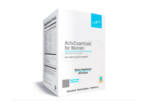

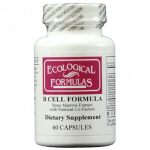
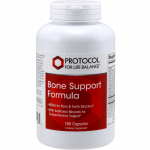
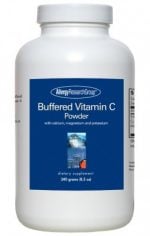
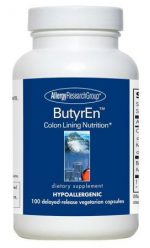
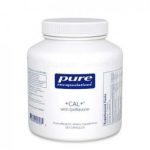
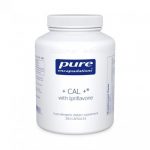
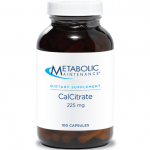
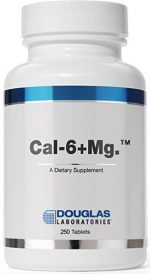
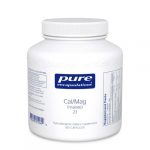
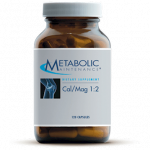
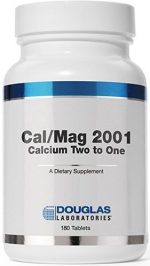
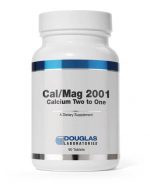
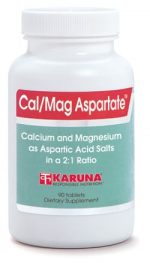
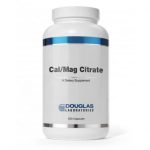
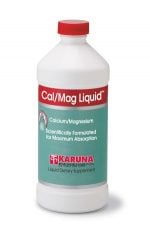
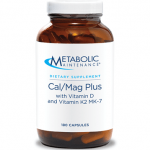
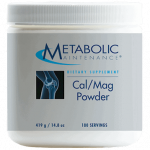
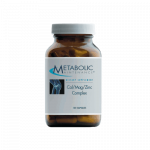
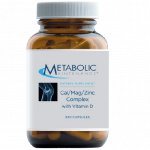

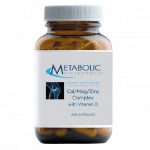
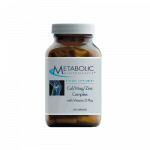
This site is protected by reCAPTCHA and the Google Privacy Policy and Terms of Service apply.